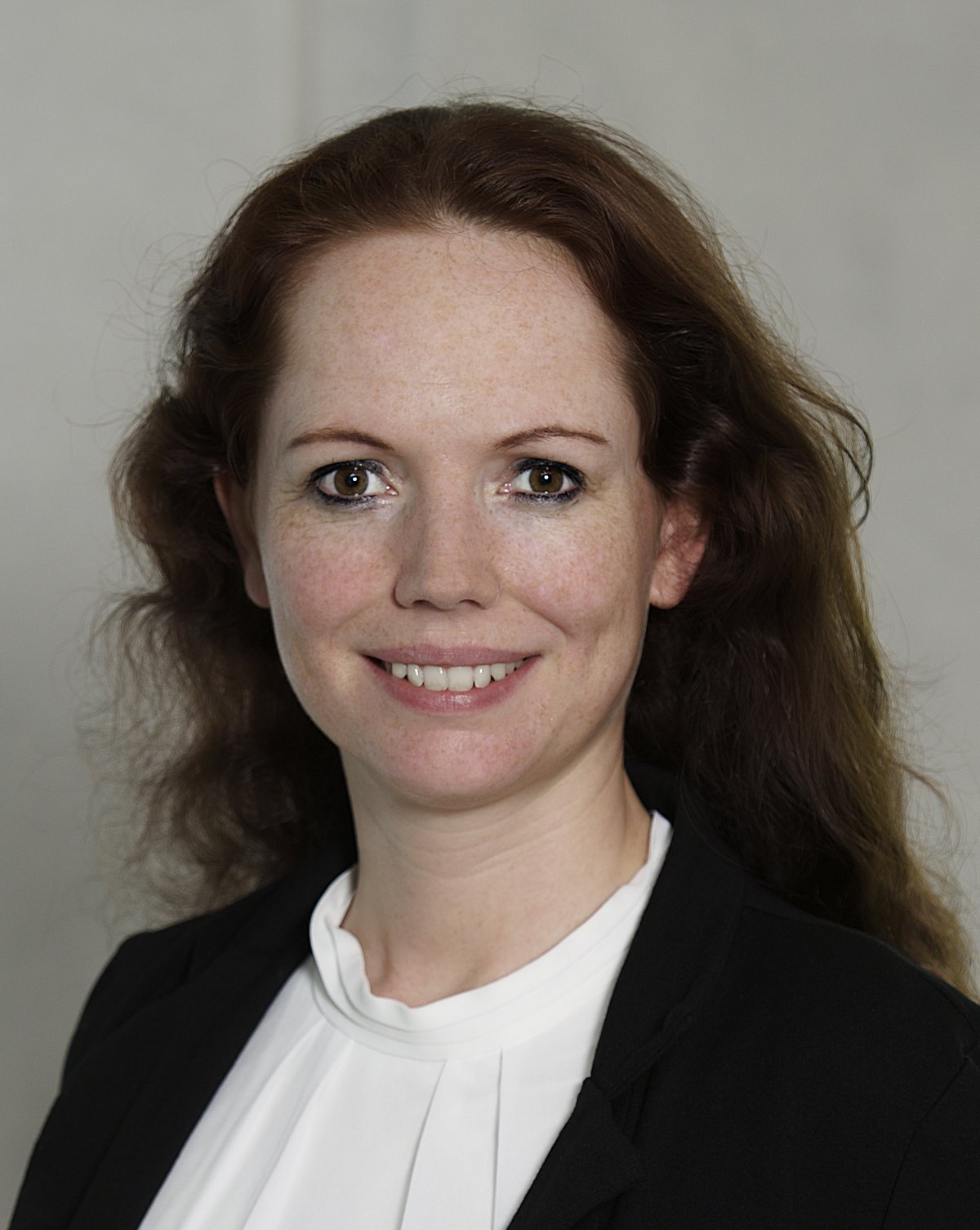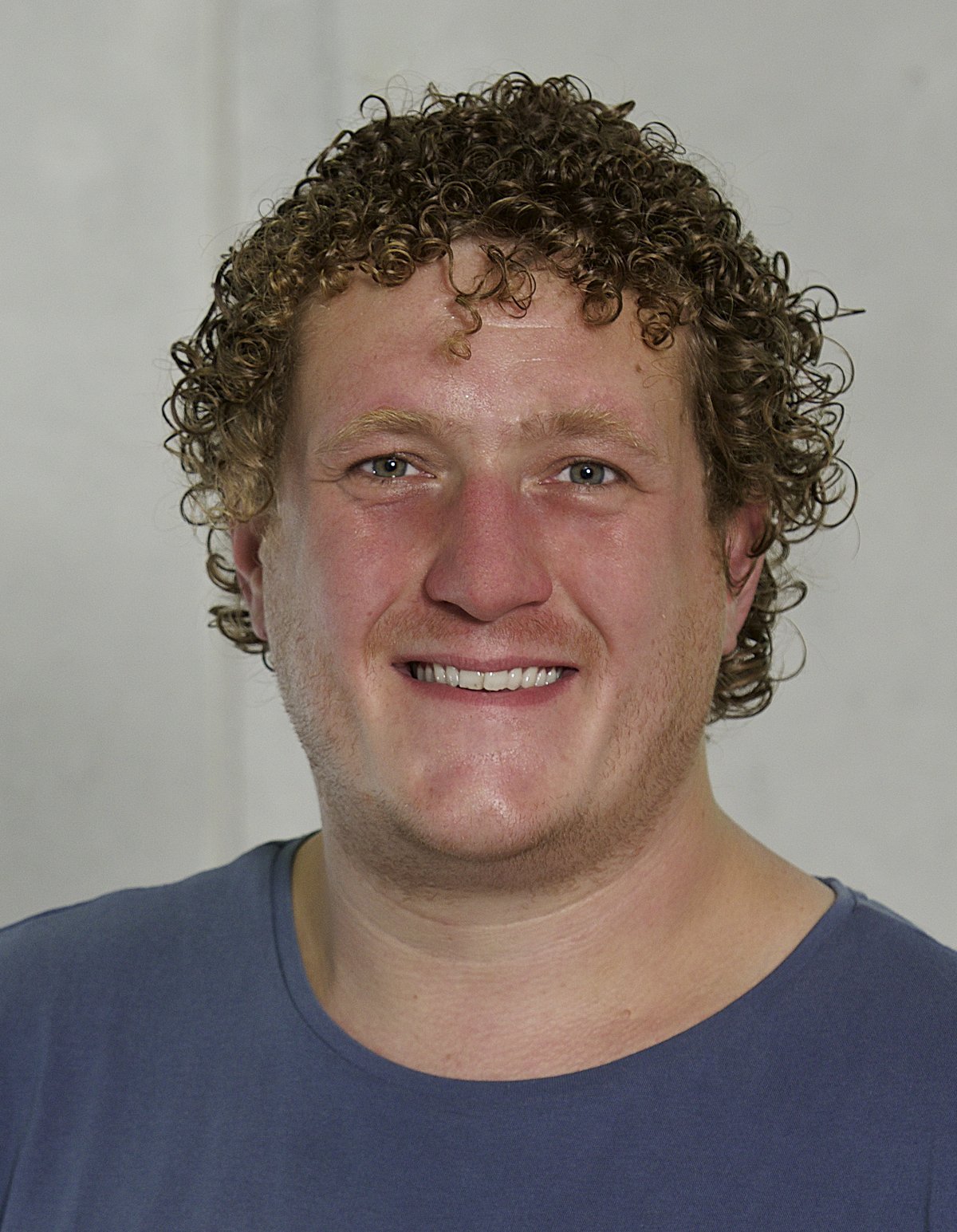Interview with the two Zukunftskolleg fellows Dr Jennifer Randerath and Dr Dennis Pingen
Dr Jennifer Randerath, 5-year-fellow, Department of Psychology and Dr Dennis Pingen, 2-year-fellow, member of the Executive Committee of the Zukunftskolleg, Department of Chemistry

... received her doctorate in Clinical Neuropsychology from RWTH Aachen University in 2010. From 2009 until 2014, she worked as a post-doctoral researcher in the United States. From 2014 until 2015, she was an academic staff member in the Clinical Psychology and Clinical Neuropsychology working group at the University of Konstanz. In 2015 and 2016, she was interim Professor of Clinical Neuropsychology. Jennifer Randerath has been a Marie Curie Fellow and junior research group leader at the Zukunftskolleg since 2015, focusing on motor cognition, clinical neuropsychology, diagnostics and rehabilitation.

... received his doctorate in chemistry from Eindhoven University of Technology in the Netherlands in 2012. He started his post-doctoral research at the University of Edinburgh in Scotland in 2013. Since August 2014, he has been a researcher in the University of Konstanz’s Department of Chemistry, working in Professor Stefan Mecking’s research team. Dennis Pingen has been a Marie Curie Fellow at the Zukunftskolleg since February 2016, researching the extraction of oil from algae and its use in the production of high-quality resources for manufacturing other materials. He is also a member of the Zukunftskolleg’s Executive Committee.
What made you decide to come to Konstanz, i.e. the Zukunftskolleg?
Jennifer Randerath (JR): There were many excellent reasons for choosing Konstanz after five years in the US as a post-doctoral researcher. I have to say, though, that I did not know just how beautiful it is here when I applied. What made Konstanz particularly attractive for me is the fact that the five-year fellowship programme offered by the Zukunftskolleg comes with much more security than other shorter programmes. Studies in clinical neuropsychology can be rather elaborate.
The focus of my research is on the examination of patients. Here at the University of Konstanz we have the Lurija Institute, which works very closely with the Kliniken Schmieder. It is also immensely helpful to have such special mentors as Professors Thomas Elbert and Brigitte Rockstroh, who supported my plans for taking my research to the University of Konstanz. I was also delighted to find out that the University of Konstanz has its own in-house workshop. From time to time, my speciality - motor cognition - requires me to use custom-built superstructures as well as graphically edited test materials. This means that we regularly collaborate with various teams at the university’s Scientific Engineering Services (Wissenschaftliche Werkstätten).
In short: the university's infrastructure is ideal for my research projects.
Dennis Pingen (DP): It is generally a good thing for a chemist to have worked in Germany. Germany has a great research culture and offers lots of opportunities for new experiences. Konstanz is well-known for its chemistry research and is home to a great variety of solid research projects. I would say that the German Excellence Initiative has a lot do with this: The additional funding that Universities of Excellence receive has also gone into chemistry, which is always helpful. It also improves the university’s overall standing and quality.
What were your other options?
JR: I could have just stayed in the US.
DP: I fell in love with research during my doctoral studies. It may be true that you can also carry out research working in industry. But I find it exciting to research fundamental questions, which it is not always easy to do in a company. I did have some job offers. First, I decided to go to Edinburgh as a post-doctoral researcher, with a vague idea of going to the US or staying in Scotland afterwards. However, when I heard about Konstanz and the excellent opportunities that I would have here, this was the more attractive option. And I really did want to get to know another new country.
What do you enjoy most about the Zukunftskolleg?
JR: Its openness to interdisciplinary research, the flexible structures and the Zukunftskolleg's warm and immensely helpful office staff. Besides, it is great that the Zukunftskolleg does not only support basic research - thanks to its co-financing programmes - but also other research-related aspects, such as the transfer of ideas and methods into other sectors.
DP: In addition to the close ties between the university’s departments, I also value the funding opportunities that Jennifer mentioned. Many of these are difficult to obtain, such as the “Intersectoral Grant”, which provides financial support to collaborative initiatives involving research and industry or society. I also value the openness and support that the other Zukunftskolleg fellows and staff provide, as well as the opportunity to meet people from other departments.
How important do you consider exchanging ideas with colleagues from other departments?
JR: My research area is already rather interdisciplinary. Neuropsychology has roots in medicine and philosophy. But there are a lot of aspects to it that involve information and computer scientists, for instance the development of virtual reality approaches for rehabilitation purposes. But the Zukunftskolleg also encourages us to look over the rim of the proverbial tea cup. In our weekly meetings, such as the jour fixe, we get to know other disciplines and ways of thinking. I find that kind of exchange particularly inspiring.
DP: Getting in touch with colleagues who do not work in one’s own area definitely has the effect of making us think outside the box. Sure, it takes some effort to explain certain research projects to non-expert audiences. But it’s also a lot of fun, and I certainly learn a lot doing it. I find it all the more important to hone these skills and thus to demonstrate that I’m an expert in my field. In addition, I get questions and input from my colleagues that really broaden my horizon. It helps me have more original ideas.
The Zukunftskolleg values the fact that its scientists can dedicate their time and resources to research without having to worry about administrative restrictions. How is this reflected in your daily life?
JR: Short distances, frequent committee meetings and simultaneous quality assurance measures allow for the quick and fuss-free implementation of research ideas - including pilot ideas whose outcome one cannot predict and that require a careful preliminary study. This flexibility is extremely important to researchers.
DP: The Zukunftskolleg offers its fellows the time they need to carry out their research. I am free to concentrate on my work and do not need to worry about teaching responsibilities. What little administrative work there is can be dispatched quickly, easily and without any problems.
If you could, would you change anything about the career choices you made?
JR: That’s a difficult question. I guess, yes in some cases and no in others. Yes, because you’re always wiser with hindsight and could have done things a little more efficiently given the chance to do it all over again. But that said, I don’t think I would want to change anything because the work is just too much fun.
DP: There are lots of answers to this question. I guess we all have things in our past careers that we are not quite happy with. But looking back I like to focus on all the things that I’ve learned and how I can use that knowledge to grow both as a person and in my career. You cannot change the past, but you can certainly learn from it.
When you leave the Zukunftskolleg, what are you taking with you?
JR: Besides some great experiences, I will take with me a family. My partner and I met at the Zukunftskolleg (during the application process, of all things). About a year ago, we welcomed our beautiful daughter.
The Zukunftskolleg has a very special way of promoting junior researchers. I am very grateful for this fantastic concept and would like to thank the University of Konstanz for making all of this possible.
DP: Some vastly broadened horizons.
